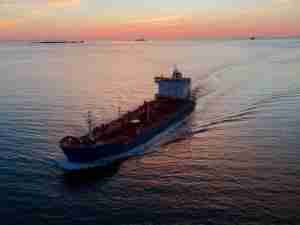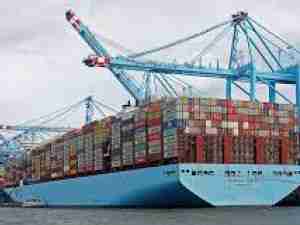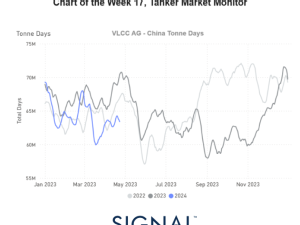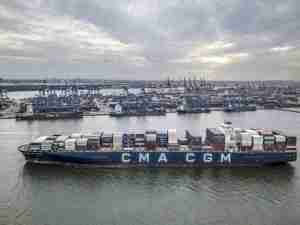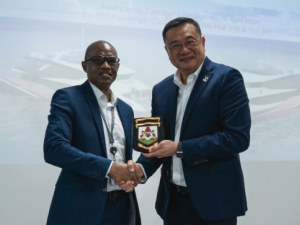A shipping vessel left China for Brazil while sporting some new improvements last August—a pair of 123-feet-tall, solid “wings” retrofitted atop its deck to harness wind power for propulsion assistance. But after its six-week maiden voyage testing the green energy tech, the Pyxis Ocean MC Shipping Kamsarmax vessel had many more trips ahead of it. Six months later, its owners at the shipping company, Cargill, shared the results of those journeys this week—and it sounds like the vertical WindWing sails could offer a promising way to reduce existing vessels’ emissions.
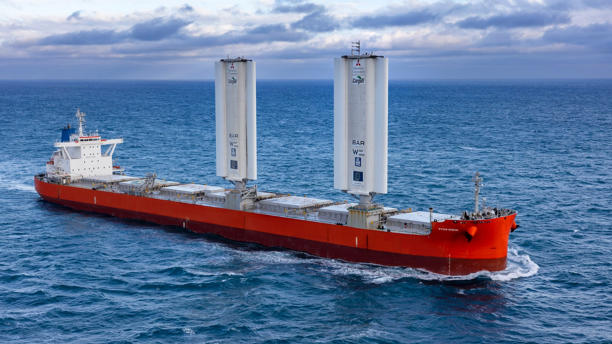
Using the wind force captured by its two giant, controllable sails to boost its speed, Pyxis Ocean reportedly saved an average of 3.3 tons of fuel each day. And in optimal weather conditions, its trips through portions of the Indian, Pacific, and Atlantic Oceans reduced fuel consumption by over 12 tons a day. According to Cargill’s math, that’s an average of 14 percent less greenhouse gas emissions from the ship. On its best days, Pyxis Ocean could cut that down by 37 percent. In all, the WindWing’s average performance fell within 10 percent ts designers’ computational fluid dynamics simulation predictions.
In total, an equally sized ship outfitted with two WindWings could annually save the same amount of emissions as removing 480 cars from roads—but that could even be a relatively conservative estimate, according to WindWing’s makers at BAR Technologies.
“[W]hile the Pyxis Ocean has two WindWings, we anticipate the majority of Kamsarmax vessels will carry three wings, further increasing the fuel savings and emissions reductions by a factor of 1.5,” BAR Technologies CEO John Cooper said in a statement on Tuesday.
The individual success of Pyxis Ocean is encouraging news, but that’s just one of the 110,000-or-so merchant ships in the world. On top of that, ports are currently designed to accommodate shipping vessels’ traditional proportions—that 125 feet of height added by WindWings could potentially complicate docking in many locations. According to Jan Dieleman, president of Cargill’s Ocean Transportation business, they’re already working to address such issues.
“Cargill is creating ways for all [wind-assisted propulsion] vessels—not just the Pyxis Ocean—to operate on global trade routes,” they said in this week’s announcement, adding that the company has begun talking to over 250 ports to figure out the logistics needed to accommodate such ships.
